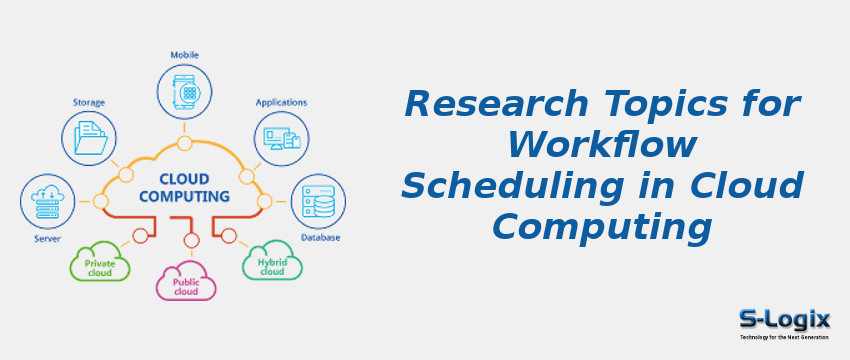Research on Workflow Scheduling in Cloud Computing focuses on efficiently managing and executing tasks within complex workflows over distributed cloud resources while optimizing multiple performance metrics such as execution time, cost, resource utilization, and Quality of Service (QoS). This area explores both static and dynamic scheduling approaches to handle heterogeneous and large-scale cloud environments. Key research directions include heuristic-based algorithms, metaheuristic approaches (e.g., genetic algorithms, particle swarm optimization, ant colony optimization), and hybrid methods that combine multiple techniques for improved efficiency and scalability. Other emerging topics involve deadline- and priority-aware scheduling, energy- and cost-aware workflow execution, adaptive and real-time scheduling in dynamic cloud conditions, and cloud–edge integrated workflow management for latency-sensitive applications. Additionally, research on fault-tolerant scheduling, SLA-compliant frameworks, predictive task allocation using machine learning, and multi-objective optimization for balancing makespan, cost, and energy consumption represents significant avenues for advancing intelligent and efficient workflow management in cloud computing.
